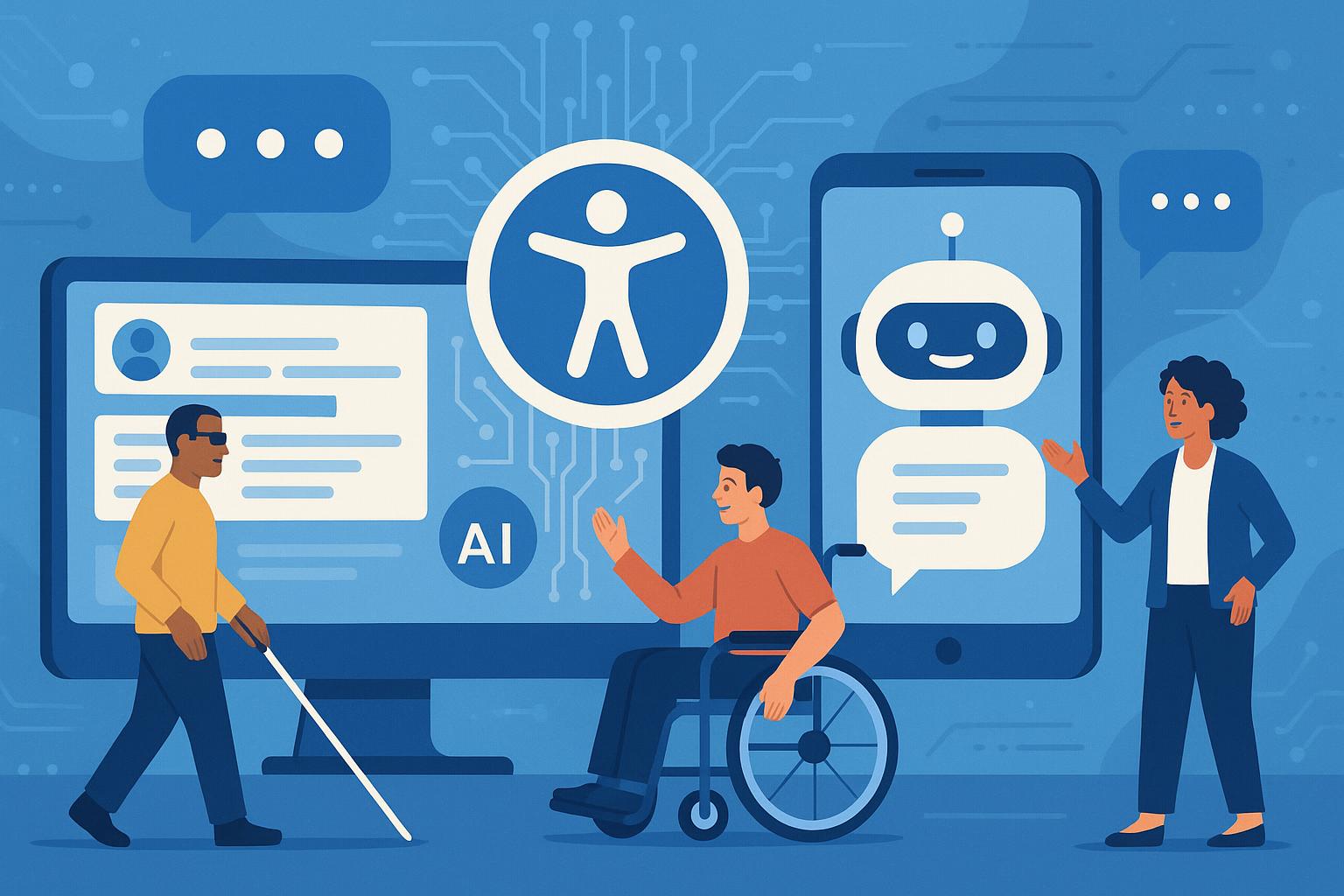Decoding Digital Transformation: Reshaping Business Models and Market Dynamics
Digital transformation transcends the buzzword status; it is a crucial catalyst prompting strategic shifts in businesses across diverse industries. As technology progresses at an unparalleled pace, organizations must adapt to avoid becoming obsolete. This article delves into how digital transformation is redefining traditional business models, altering market dynamics, and presenting both opportunities and challenges for enterprises of varying sizes and sectors.
Understanding Digital Transformation
Digital transformation represents the comprehensive integration of digital technology across all business areas, fundamentally altering how they operate and deliver value to customers. It also embodies a cultural shift that encourages organizations to continuously challenge conventional practices, experiment, and learn from failures.
Key Components of Digital Transformation
- Technology Integration: Employing advanced technologies such as AI, IoT, and cloud computing to boost efficiency and enhance service delivery.
- Process Improvement: Overhauling business processes to synchronize with digital strategies, typically leading to greater automation and workflow optimization.
- Cultural Change: Promoting innovation and fostering a digital-first mindset throughout the organization.
- Customer Experience: Utilizing technology to refine the customer journey, ensuring a smooth, personalized interaction across all touchpoints.
Case Studies of Digital Transformation
Analyzing real-world examples offers insightful perspectives on how digital transformation can drive significant business improvements:
1. Retail - The Rise of E-commerce Giants
Traditional brick-and-mortar retailers have been significantly challenged by e-commerce platforms. Giants like Amazon and Alibaba have transformed shopping with features like personalized recommendations, rapid delivery options, and user-centric platforms, compelling traditional retailers to revise their strategies.
2. Finance - Banking on Blockchain and AI
The financial industry has undergone profound changes with the adoption of technologies such as blockchain and artificial intelligence. Leading banks like JPMorgan Chase and HSBC have implemented blockchain for quicker, more secure transactions. Concurrently, AI is leveraged for customized banking services, fraud detection, and risk management.
3. Healthcare - Telemedicine and Personalized Treatments
Digital transformation has notably benefited the healthcare sector through innovations like telemedicine, enabling remote patient-doctor consultations. Additionally, AI and big data are utilized to tailor treatment plans based on individual genetic profiles.
Strategic Shifts for Thriving in a Digitally Transformed Marketplace
To flourish in this new digital era, businesses must embrace several strategic adjustments:
Adopting a Digital-First Mindset
Organizations need to prioritize digital solutions in their strategic planning, which includes not only the adoption of innovative technologies but also training employees to think digitally and embrace changes.
Enhancing Data Capabilities
Data is pivotal to digital transformation. Companies must improve their abilities in data collection, analysis, and interpretation to make informed decisions and customize customer experiences.
Embracing Agile Methodologies
Adapting swiftly to market changes is crucial. Employing agile methodologies in project management and product development can help organizations to become more adaptable and responsive.
Focusing on Customer Experience
The ultimate goal of digital transformation should be to enhance customer satisfaction. This involves understanding customer behaviors and preferences and deploying digital tools to improve interactions and service delivery.
Challenges and Considerations
- Security Concerns: As digital platform usage increases, so does the necessity for robust cybersecurity measures.
- Cultural Resistance: Changes often encounter resistance. Effectively managing cultural transformation and aligning all stakeholders are essential for a seamless transition.
- Keeping Pace with Technology: Rapid technological advancements can be overwhelming. Continuous learning and development are vital to keep up.
Conclusion
Digital transformation is revolutionizing industry standards and business practices. By understanding and implementing appropriate strategies, businesses can not only adapt but also excel in this evolving digital landscape. Embracing change, focusing on customer needs, and continuously innovating are key to capitalizing on the opportunities presented by digital technologies. As we witness ongoing transformations across various sectors, the only constant in achieving business success is adaptability.
By staying informed and proactive, professionals and businesses can ensure they not only survive but also thrive in the dynamic digital marketplace. The journey of digital transformation is intricate but, with the right approach and tools, it is immensely rewarding.















